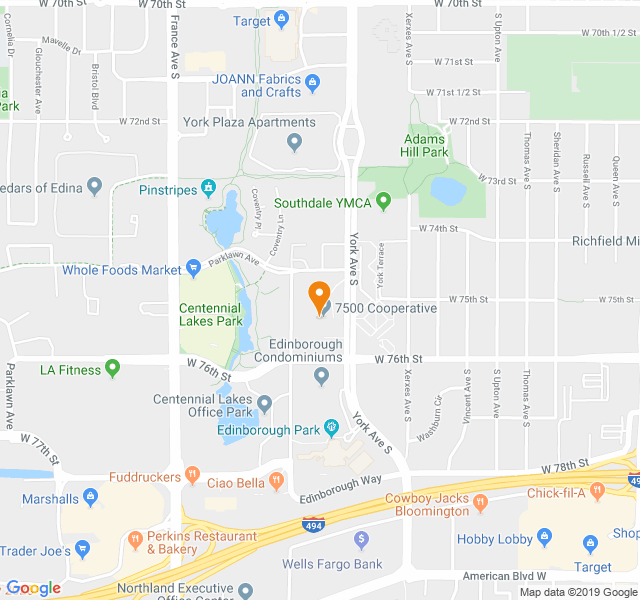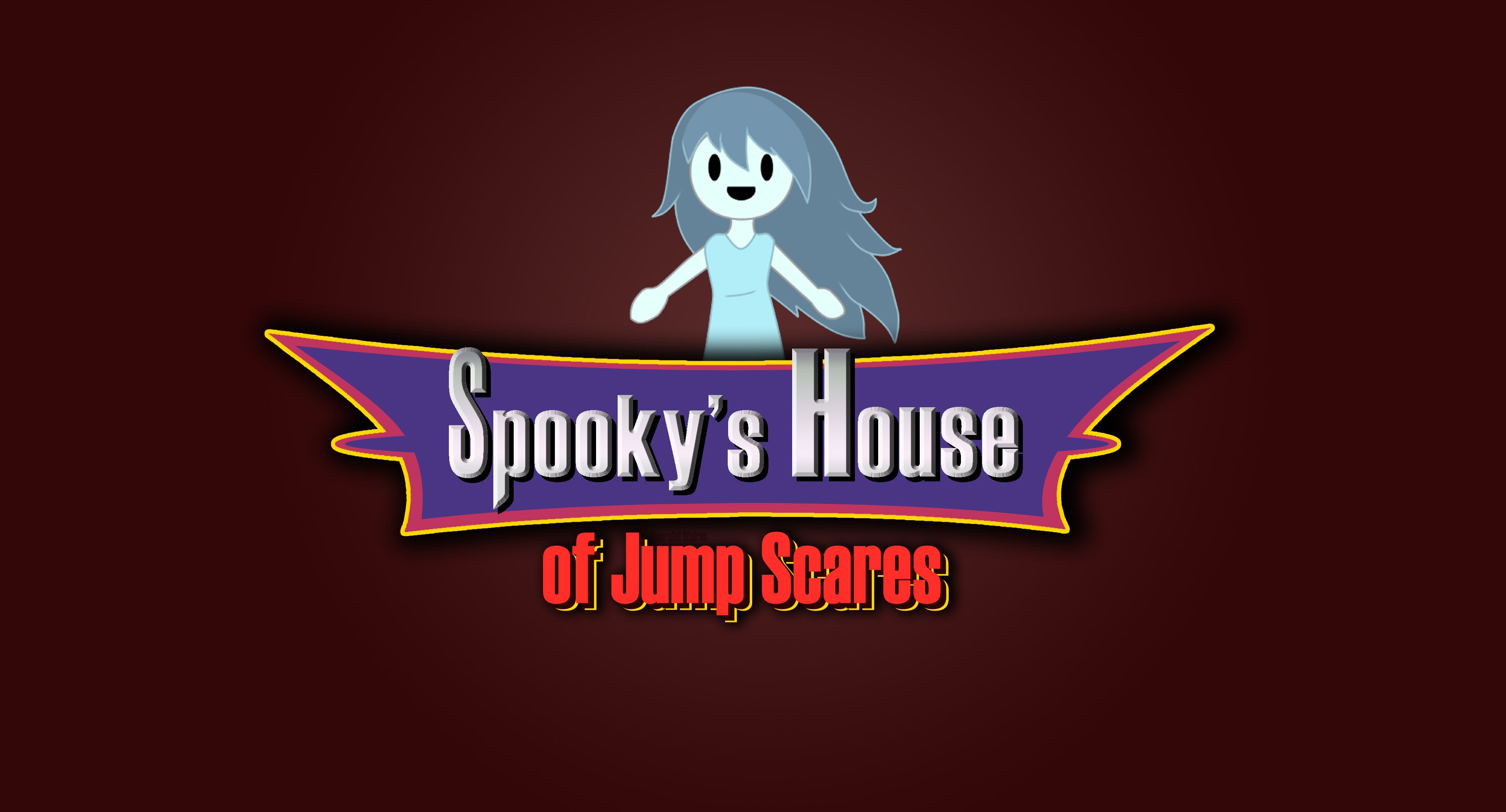Table of Content
However, in some serious cases such as vestibular rehabilitation, treatments are required. If uncomfortable symptoms of vertigo upset you, you should read this article on vkool. I would like to introduce to you some effective techniques and solutions on how to cure vertigo naturally at home. When you suffer from vertigo, you will have the feeling of dizziness. Vertigo affects the vestibular labyrinth region of the ear.
Consuming up to 5 almonds a day, every day—whether eaten directly, crushed or grated, or even mixed with food—has been found to be beneficial for vertigo. If you are experiencing vertigo, however, you should let your yoga instructor know before class so that they can offer you modifications for poses as needed. Then, raise your head so it is level with your back while you're on all fours; your spine should look like a straight line. Ginger can also soothe nausea, a common side effect of vertigo. You should consult your doctor before self-medicating for dizziness.
) Epley’s Maneuver
In BPPV, vertigo may come on with certain head movements. The home Epley maneuver is a type of exercise help that helps to treat the symptoms of benign paroxysmal positional vertigo . In rare situations when the canalith repositioning procedure doesn't work, your doctor may recommend a surgical procedure. In this procedure, a bone plug is used to block the portion of your inner ear that's causing dizziness. The plug prevents the semicircular canal in your ear from being able to respond to particle movements or head movements in general. The success rate for canal plugging surgery is about 90%.

Many of us feel uneasy about having to be in public and make any type of spectacle with our health. Maybe you are at work and have a retail job where you need to stand for most of the day. Or you’re a student and find yourself walking between classes when the symptoms take hold.
What to expect from your doctor
Sometimes the otoliths are dislodged and enter the semicircular canals, which affects the flow of fluid and disrupts information sent to the brain. The role of the vestibular apparatus is to provide the brain with a perfect perception of balance, spatial orientation, and movement. Human balance is related to the visual angle and the joints that coordinate the movements of the body. "It was not too complicated, and relieved some of my fears. I still don't know where my vertigo actually came from.

The treatment will be done by a doctor, nurse, or therapist in the office by moving your head into certain positions, sometimes called the Epley maneuver. You may be given instructions on how to perform similar movements at home, if needed. To cure vertigo at home, try eating foods that can help relieve the symptoms, such as almonds, ginger, and lemon.
How do I get ready for the home Epley maneuver?
Yoga also helps with balance and helps cultivate your ability to concentrate and focus. Vertigo or dizziness may be caused by dehydration as it decreases the blood volume and thereby the oxygen supply to your brain. Rehydrating frequently, especially while exercising or suffering from diarrhea, can help minimize your dizziness. Some conditions that cause vertigo, including Meniere’s disease, can be triggered by stress. Developing coping strategies to navigate stressful circumstances could decrease your episodes of vertigo. Practicing meditation and deep-breathing techniques are a good place to start.
Hypoglycemia, or low blood sugar, is one of the most common causes of dizziness. Hypotension, or low blood pressure, can also cause fatigue and dizziness. Ginger may help relieve symptoms of motion sickness and dizziness. Both feelings sometimes occur along with nausea or vomiting. Your healthcare provider may suggest avoiding certain positions for a while after your symptoms have gone away.
In some cases, it may take a few times for the procedure to work. Some people may have mild symptoms for a couple of weeks. Once your symptoms go away, there is no need to keep doing the maneuver. It may be helpful to have someone at home with you while you go through the movements. This can give you peace of mind in case your vertigo gets worse in the middle of the treatment.
Taylor uses the same principles as a patient educator at Pain Hero. He aims to provide you with high-quality, easy to understand information to teach you about your condition and how to improve it. The most common form of vertigo is called benign paroxysmal positional vertigo or BBPV for short. Acupressure has been used to help people manage their vertigo symptoms. It uses pressure points to promote wellness and balance. To learn the proper pressure points, you should seek the advice of a licensed acupressurist.
You need to have a pillow in place so that when you lie back it will be under your shoulders. Your healthcare provider may first do the original Epley maneuver in his or her office. You may need to do the home Epley maneuver if you still have symptoms after you leave your healthcare provider’s office. It may also be useful to know how to do this maneuver if your BPPV comes back after a few months or years.

Long-term stress isn’t something you can simply breathe through, and often the causes of stress aren’t things that you can cut out of your life. Simply being aware of what is causing you stress might cut down on your vertigo symptoms. Ginkgo biloba has been studied for its effects on vertigo and found to be as effective as the leading prescription medication to treat vertigo. Gingko biloba extract can be purchased in liquid or capsule form.
Head trauma and neck dysfunction can also cause vertigo. Also known as Vestibular Neuritis, which is an infection of the vestibular nerve, located in the inner ear. Vertigo feels like the world is spinning or rocking even when someone is perfectly still.

Various essential oils, when applied topically or inhaled, may help to ease the symptoms of vertigo. A report from the Institute for Quality and Efficiency in Health Care says 52 out of every 100 people who use the Epley maneuver gain relief from vertigo symptoms. Medication can relieve symptoms of dizziness, nausea, and motion sickness. Usually, vertigo is a symptom of an underlying medical condition or several different conditions. Sometimes, vertigo will only occur once, but for other people, it will reoccur until the underlying cause is determined.

















